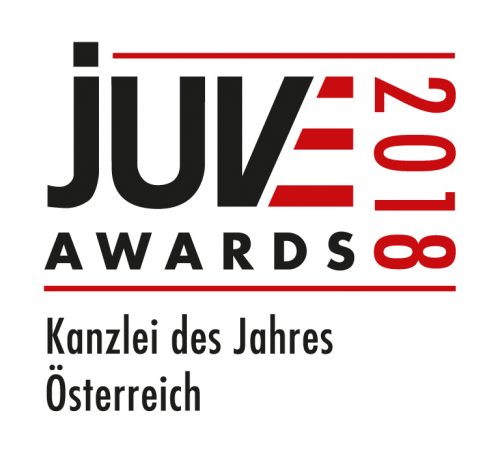Whistleblowing reporting systems
We help with implementation and processing!
The recently published Opinion of Advocate General Medina has caused many in the waste management sector to sit up and take notice. In an ECJ case, the Advocate General arrives at results that were previously unthinkable in waste management enforcement.
The reason for the Austrian request for a preliminary ruling is a decision by the Graz-Umgebung district authority. The decision stated that uncontaminated excavated material, which was handed over to farmers by a construction company and applied by them to land for agricultural purposes, constituted waste according to the Waste Management Act 2002 (AWG 2002). It justified this by stating that the material had not lost its waste status under Section 5 AWG 2002 because formal criteria under BAWPL 2011 had not been met. This decision was contested by the construction company.
The Higher Administrative Court Steiermark has suspended the appeal proceedings and submitted three questions to the ECJ. These questions are essentially based on whether it is contrary to the EU Waste Framework Directive that uncontaminated excavated material only loses its status as waste through a direct substitution of a primary raw material.
The Advocate General (“GA”) reaches the following conclusions in her Opinion:
The GA’s legal opinion is especially welcomed by all those who considered § 5 (1) AWG 2002 as excessive and too rigorous. Contrary to other expert opinions, the fact that the Austrian waste management regulation is contrary to EU law has not resulted from the 2020 ECJ judgment in the Sappi case (Krasznai/Nigmatullin, RdU-UT 2022/14, 60).
Moreover, the GA takes legal views on by-product properties and preparation for reuse that do not correspond with the previous interpretation of the Austrian authorities and the Administrative and Supreme Courts: According to the Austrian interpretation, a “by-product” can only originate from industrial manufacturing processes. Excavated soil material, which usually arises in construction projects, therefore does not fulfill the by-product property. Also, the Austrian legislator has expressly stated that the examination of excavated soil material – contrary to the current view of the GA – does not constitute preparation for reuse.
It is eagerly awaited whether the ECJ will ultimately follow the opinion of the GA. If so, this could result in a 180° turnaround in by-product and end-of-waste legislation.
We’ll stay tuned for you and keep you up to date!
Our experts Reka Krasznai and Emil Nigmatullin will be happy to answer your questions on these topics by phone or at akut@hnp.at.
This article is for general information only and does not replace legal advice. Haslinger / Nagele Rechtsanwälte GmbH assumes no liability for the content and correctness of this article.
7. September 2022






